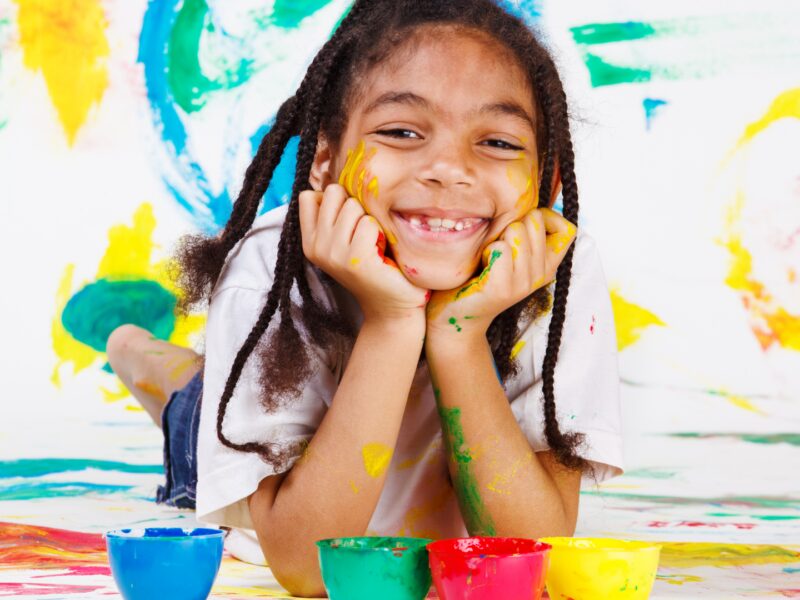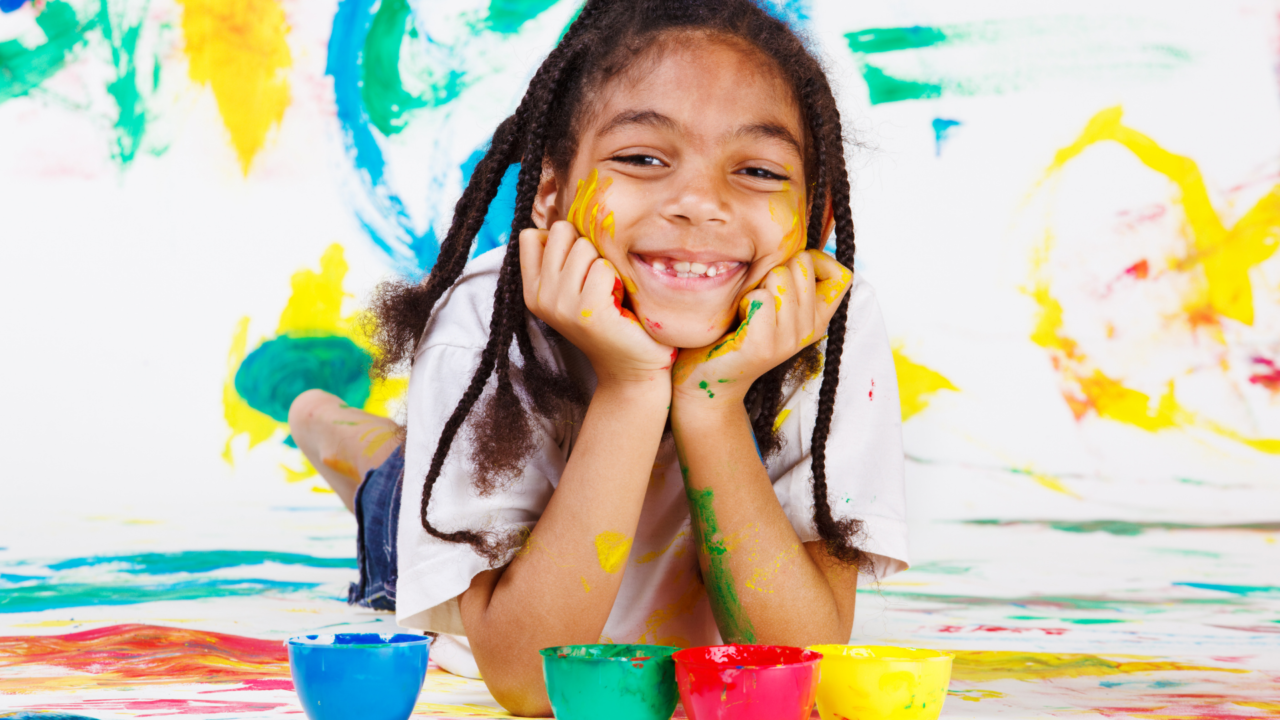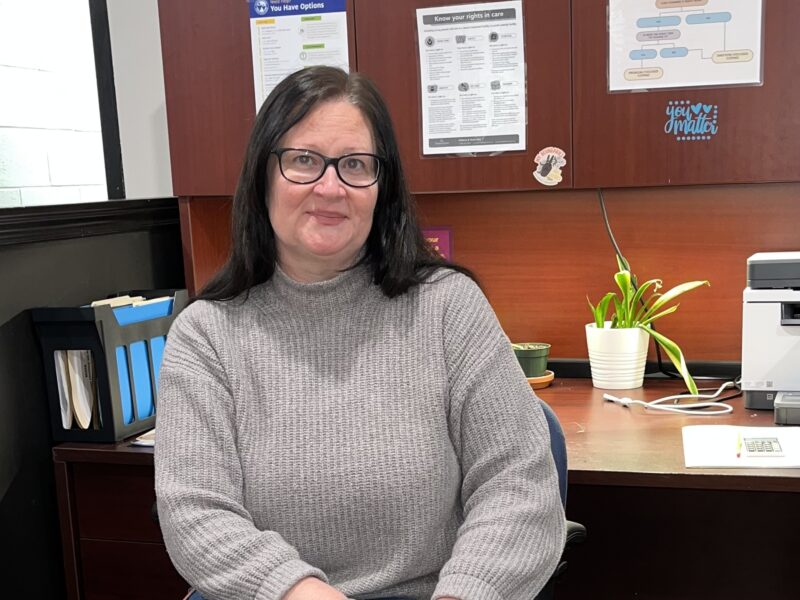Ways to Help Children with Climate Change Anxiety


Climate change anxiety in young clients has increased over the years. Fear is an adaptive emotion; it is there to help keep us safe in the face of danger. But when the danger feels large and unchangeable, it can lead to feeling overwhelmed and paralyzed. Here are four ways to address climate change anxiety in children:
Be open, honest, and developmentally appropriate: Children are bright and have access to a great deal of information; therefore, it is important to listen and give them the space to talk about their concerns. Shutting down the conversation, offering inaccurate information, or offering empty comfort can be alarming for children and might give the message that it is too scary to talk about. Frame discussions in a way that makes sense for your child’s level of understanding.
Validate: Instead of minimizing or challenging your children’s fears about climate change, help them label their emotions, acknowledge that their emotions makes sense, and assure them that you hear them and that you are with them. Our children’s fears about climate change are not irrational and are often not out of proportion with scientific understanding.
Limit time on social media and exposure to the news: While it is good to be informed, having a constant flow of anxiety-provoking information can lead to feelings of hopelessness and defeat. Also, try to observe the information that your child is consuming about climate change.
Act: To observe the effects of climate change and then to witness your caregivers behave in ways that are incongruent with environmental preservation can be confusing and scary. How can youth have hope if the adults who are supposed to protect them are not doing their part? Show your child that you care and are taking steps to minimize your impact on the environment (e.g., reducing single use plastics, composting, reducing meat consumption). Start with small, concrete, manageable steps and keep acting in ways that align with your family’s values.
Avoidance is not the answer for dealing with climate change and climate change anxiety. It is important for our children’s well-being to take an honest look at the situation and find positive ways to engage the issue while encouraging our children.
Instagram Feed
"Starling has provided me with not only long-term tenants, but the opportunity to make a difference in my community."












